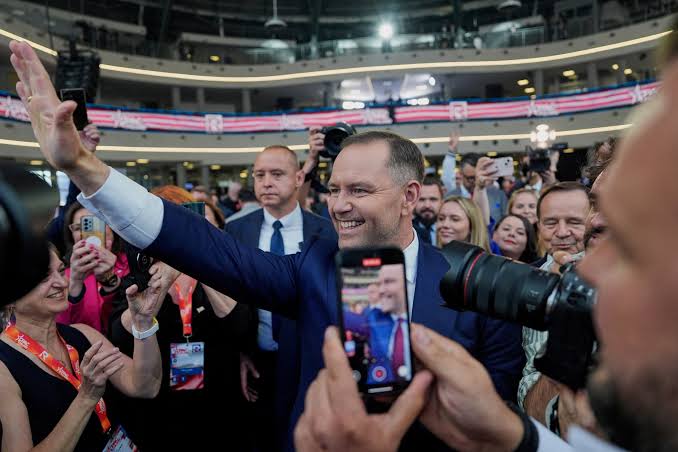Germany’s conservative parties and the Social Democrats (SPD) engaged in discussions on Tuesday about forming a coalition, as optimism for revitalizing the continent’s largest economy increased with the potential for a nearly trillion euro borrowing surge to support military and infrastructure expenditures.
Election victor Friedrich Merz aims to cement a coalition with the defeated Chancellor Olaf Scholz’s SPD by Easter, but both factions may consider implementing special off-budget borrowing initiatives even during the current parliament session this month.
The necessity for increased military funding to enhance Europe’s defensive capabilities has become pressing due to the return of U.S. President Donald Trump, who recently halted military assistance to Ukraine following a confrontation with its President Volodymyr Zelenskiy.
Sources familiar with the situation informed Reuters on Sunday that the parties were considering establishing special funds for defense and infrastructure. They stated that economists had suggested amounts of 400 billion euros ($420 billion) to address the longstanding underfunding of the German military, along with 500 billion for deteriorating infrastructure. Together, these figures would represent 20% of Germany’s GDP.
“In broad terms, this signifies that Germany and Europe need to align more closely with Ukraine than in the past,” stated Manuela Schwesig, a senior SPD member and the state premier of Mecklenburg-Vorpommern, while entering the discussions.
Besides aiding Ukraine against Russia’s ongoing invasion, Schwesig emphasized the importance of Germany strengthening the Bundeswehr (armed forces) while ensuring there are sufficient funds to address domestic issues, such as boosting the economy.
Markus Soeder, a key ally of Merz and the premier of Bavaria, told journalists, “Today’s discussions are exceptionally significant,” without going into further detail.
See more: Pope Francis battles pneumonia – and rumours of resignation
With a special European Union summit on defense spending scheduled for Thursday, the European Commission has also proposed a new collective borrowing initiative of 150 billion euros to provide loans to EU member states for defense, as part of a comprehensive 800 billion financing plan.
The potential for the largest military spending surge since the Cold War has analysts predicting a “flood” of German bonds.





